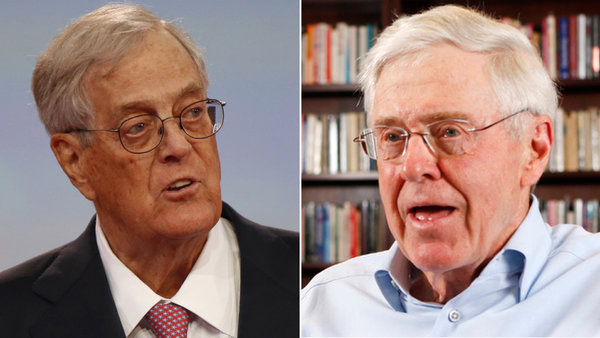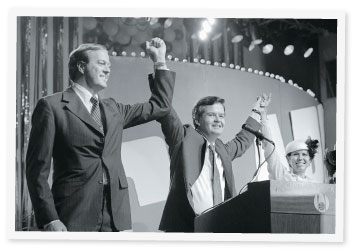February 25, 2011- Sunday evening, February 27, hundreds of millions of movie fans will watch the 83d annual Academy Awards. These viewers may not be aware of a fact that merits particular attention this year, as Wisconsin’s public sector employees stand up for their rights: every presenter and almost every recipient on the Oscar broadcast belongs to a labor organization. Every musician in the pit, every camera operator, every cable puller — everyone involved carries a union card!
The benefits of collective bargaining for workers in the film and television industries — a category that includes actors, writers and directors as well as so-called technicians — are obvious: We are more or less adequately compensated when we apply our rare skill sets, acquired and honed during years of apprenticeship and hard work, to make films from which investors may profit in perpetuity. The Motion Picture Industry Health Plan provides affordable health care to us and our families. When required to toil 16 hour days, we are paid premium rates for the sacrifice of our time and, on occasion, our health.
Less apparent, perhaps, but equally real are the advantages of organized labor for producers and studios. A union shop, as European businesspeople have known for decades, is a productive one. When workers receive fair pay, they’re motivated to do a good job. Equally important, decent remuneration encourages management to be efficient. When an hour on a movie set or sound mixing stage is costly, filmmakers’ precious minutes won’t be squandered as a result of poor production planning. In my personal experience, far more time and (therefore) money are wasted during the making of low-budget non-union movies than on studio features.
What’s happening in Wisconsin, where Governor Scott Walker disingenuously blames unions for budget shortfalls he created with ill-advised tax cuts for the rich — indeed, where the governor is trying to bust unions altogether by making it illegal for public sector employees such as teachers, police and firefighters to bargain collectively — is that workers are standing up for their rights. Democratic state senators are heroically resisting what Nobel laureate Paul Krugman views as a domestic application of “the shock doctrine,” a term coined by best-selling author Naomi Klein. Dr. Krugman describes the doctrine as follows: “right wing ideologues exploit(ing) crises to push through an agenda which has nothing to do with resolving those crises and everything to do with imposing their vision of a harsher, more unequal, less democratic society.” (Paul Krugman, “Shock Doctrine, U.S.A., NYTimes.com, February 24, 2011.)




'Filmmaker’s Diary: A Clenched Fist On Every Lapel' have no comments
Be the first to comment this post!